2019-02-06
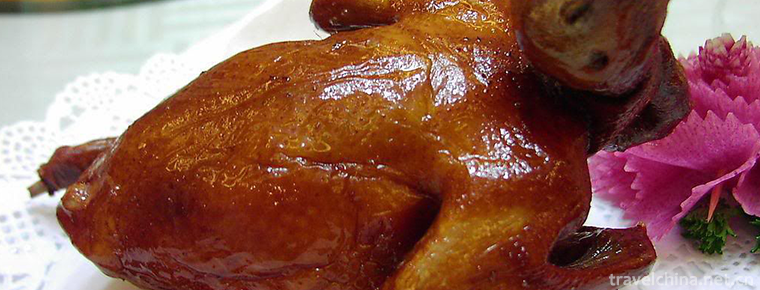
- By ChinaWiki.net
- Chinese Edition
- 2019-03-25
Eight treasures quail
Babao quail is a dish. Its main ingredient is pure quail, etc. Its ingredients are purple quail, lotus seed, etc. Its seasoning is peanut oil, salt, soy sauce and so on. It is made by deep-frying.
Recipe Brief
Delicious taste, delicious glutinous taste.
Lycium barbarum 10g, pork 50g, starch 15g, canned bamboo shoots 25g, salt 2.5g, cooking wine 15g, clove 8 grains, onion 10g, pepper 2g, cooked peanut oil 1500g (actual consumption 60g), ginger 10g, onion 15g, lobster slices 50g, hot sauce 50g*
Making process
1. After removing the quail's head, Debone it, wash it, drain the water, and taste it with salt, cooking wine, shallot and ginger powder, and marinate it.
2. Cut pork and canned bamboo shoots into dices. Lotus seeds, wolfberry, sage, clove and pepper are soaked with clear water and dehydrated.
3. Diced meat, bamboo shoots, lotus seeds, Lycium barbarum, Radix scutellariae, shallot powder and ginger powder are mixed with refined salt and cooking wine. A little cooked peanut oil is stirred and evenly filled. It is put into quail belly and steamed in a pot. Cloves, pepper, onion and ginger slices are steamed in a steaming pot, then cooled and dried. Take starch and fry it.
4. When the frying pan is heated, add cooked peanut oil to 50% heat, put lobster slices into the frying pan, fry them crisply and fish them out. When the oil is heated to 60% heat, fry quails into the frying pan, fry them until golden brown, fish them out and put them into small plates with lobster slices edged.
5. When eating, the hot sauce can be put into a small dish with a single heel.
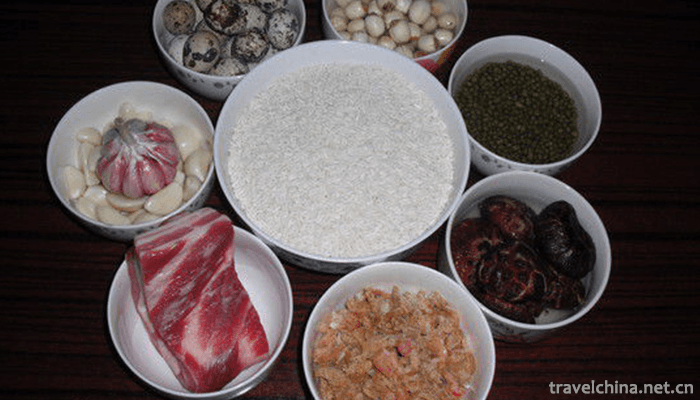
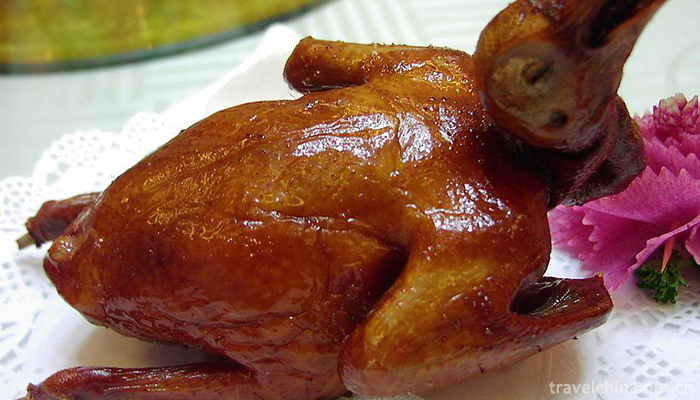
Ask a Question
Your email address will not be published.

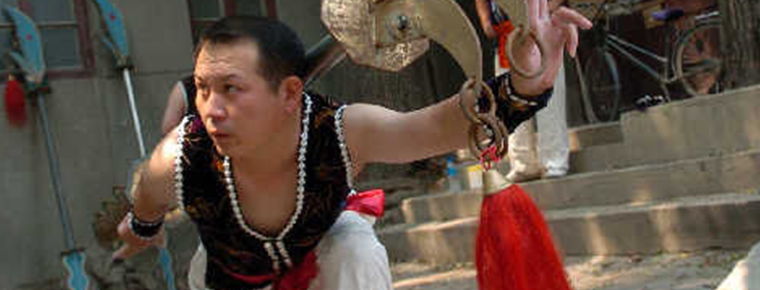
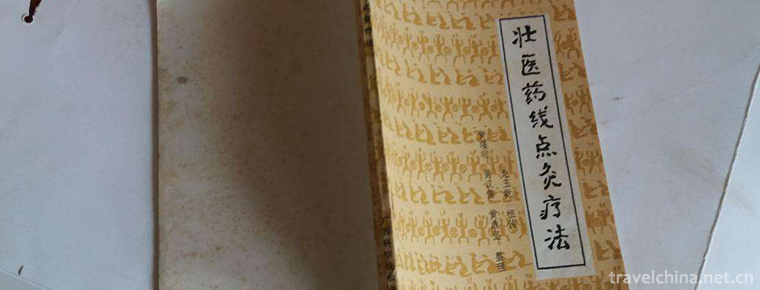
0 Questions